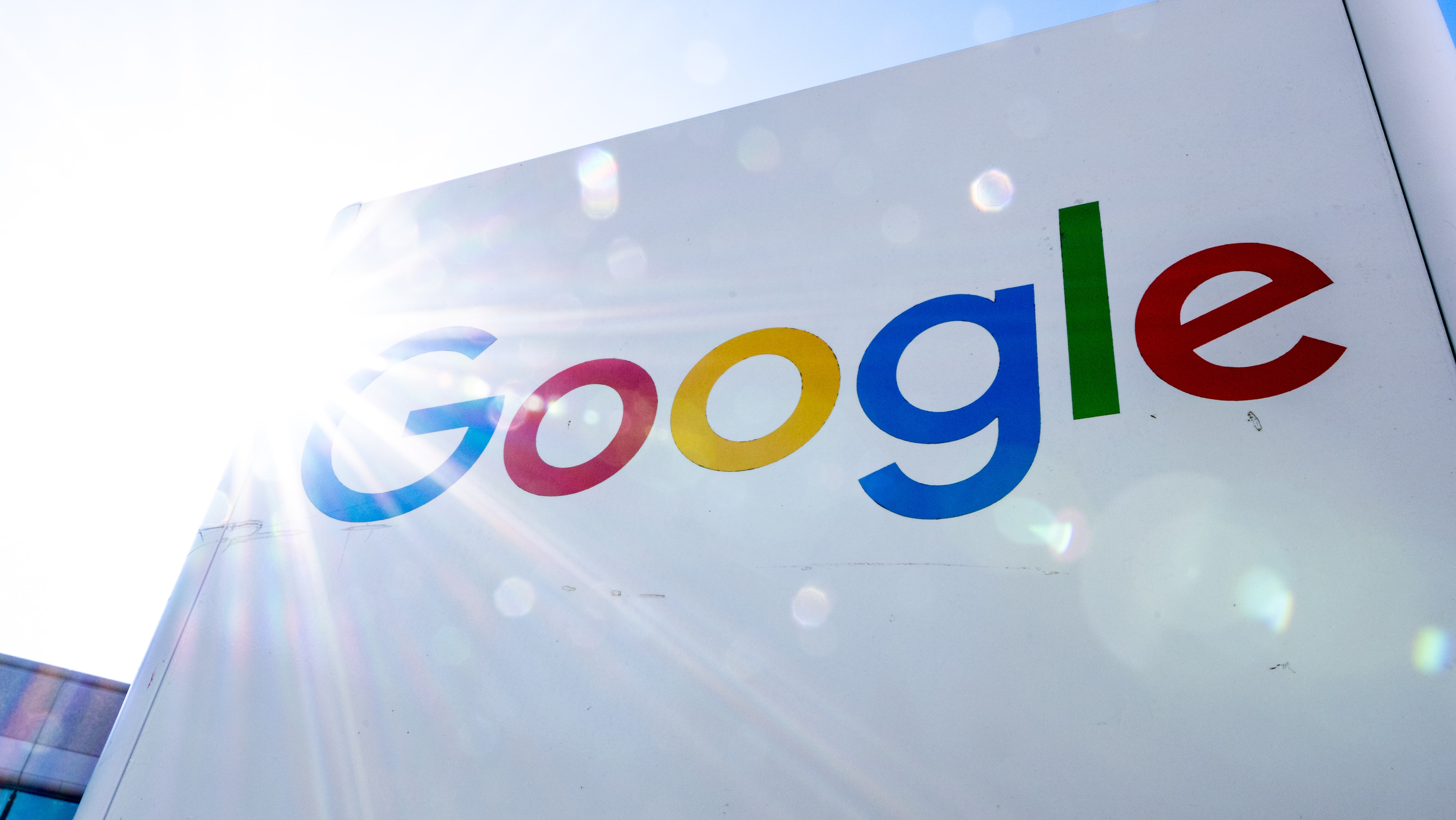The US government is deciding whether to break Google apart and try to end its monopoly on search
Google unsurprisingly doesn't like the idea.

Following a major court ruling in August, which found that Google acted illegally to stifle competition and retain its monopoly over online search and advertising, the US Department of Justice is considering whether to force the break-up of the tech giant (via BBC). The remedies being sought by the DoJ are likely to focus on products such as Android and Chrome, which it says are used to unfairly nudge users and "advantage Google search and Google search-related products."
"Google’s unlawful conduct persisted for over a decade and involved a number of self-reinforcing tactics," says the DoJ's court submission. "Unwinding that illegal behavior and achieving the goals of an effective antitrust remedy takes time, information (particularly given the informational asymmetries between Plaintiffs and Google), and careful consideration."
It goes on to say that these "serious competition issues have plagued the relevant markets for more than a decade", leaving potential competitors unable to gain any traction in search and ads. In turn this has allowed Google to crank-up the prices on ads "while degrading the quality of those ads and the related services."
The DoJ says potential remedies include "prevent[ing] Google from using products such as Chrome, Play, and Android to advantage Google search and Google search-related products and features—including emerging search access points and features, such as artificial intelligence—over rivals or new entrants." Chrome was a particular target of the original ruling, with the court finding it "significantly narrows the available channels of distribution and thus disincentivizes the emergence of new competition."
Google VP Lee-Anne Mulholland has a blogpost responding to the filing, with the measured headline "DOJ’s radical and sweeping proposals risk hurting consumers, businesses, and developers". It claims that the DoJ's potential remedies will produce "significant unintended consequences for consumers, businesses, and American competitiveness."
Mulholland is particularly exercised by the idea of splitting off Chrome or Android, which she says "would break them — and many other things." She somehow paints Android as a great public service "helping to keep the cost of phones low for billions of people", says it's invested billions, and that the only losers in such a scenario would be devs and consumers.
One more amazing claim. Mulholland says that, because Google pays Apple and Samsung billions a year to be the default search option on devices, they're actually subsidising those products for the consumer. Of course!
Keep up to date with the most important stories and the best deals, as picked by the PC Gamer team.
Google handles over 3.5 billion searches a day, and by some estimates accounts for 90% of all online searches and 50% of the online ad market. The initial recommendations for remedy will be made by the DoJ in November, with Google given time to respond by December, before final recommendations are made in March next year. These will have to be accepted by a court but, depending on how hard the government chooses to go, this could end up as the single biggest carve-up in the history of big tech. Google's dominance of the world wide web is unquestioned, and this is the first thing in decades that could begin changing that.
Monopoly Go Dice Links: The latest free dice links for Monopoly Go, updated every week.
How to play Monopoly GO on PC: Bring your favorite board game to PC.

Rich is a games journalist with 15 years' experience, beginning his career on Edge magazine before working for a wide range of outlets, including Ars Technica, Eurogamer, GamesRadar+, Gamespot, the Guardian, IGN, the New Statesman, Polygon, and Vice. He was the editor of Kotaku UK, the UK arm of Kotaku, for three years before joining PC Gamer. He is the author of a Brief History of Video Games, a full history of the medium, which the Midwest Book Review described as "[a] must-read for serious minded game historians and curious video game connoisseurs alike."


